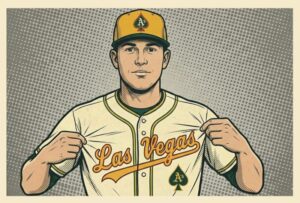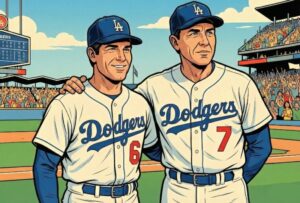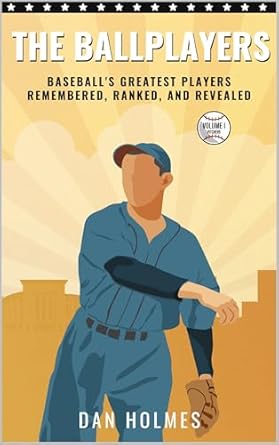Though it’s been almost a century since Wilbur Cooper threw his last curveball, no Pittsburgh Pirates pitcher has won or completed more games in franchise history. From 1916 to 1922, his prime, Cooper ranked second in his league and fourth in baseball among pitchers in Wins Above Replacement. He trailed only legends: Walter Johnson, Stan Coveleski, and Pete Alexander. At the height of his skills, Cooper was impressive enough that the Giants offered Pittsburgh $75,000 for him in 1919, but Pittsburgh kindly rejected the offer.
Cooper was wiry with long arms and extremely lengthy fingers. He was just a shade under six-feet tall, but he had tiny feet: size 6 ½ shoes. He had light brown hair and brown eyes. Everything on his face seemed a bit exaggerated, like Mr. Potato Head: his lips, his eyes, and ears. Cooper’s smile swallowed his face, causing his cheeks to expand as if they would escape his body. He often flashed that smile on the mound when his stare caught the eyes of a familiar batter.
His pitches began with the pendulum motion that many hurlers used in the deadball era. Cooper placed both hands high over his head and tilted his upper body back as if he was sitting on the front porch in a rocking chair. He threw his fastball and changeup three-quarter sidearm, and his curveball overhand. He also tossed a forkball, a pitch he held between two of his long fingers, which disappeared into the bottom of the strike zone in the last three feet on its way to home plate. Cooper worked at a fast pace, and frequently pitched the quickest games in the league. He and Alexander once squared off in a game that lasted only 59 minutes.
Cooper came along after the Pirates were winning pennants with Honus Wagner, and stuck around when the team fell into a rut. But at least it was a winning rut: the Pirates won at a .511 pace in Cooper’s 13 years on their staff. His winning percentage was .548, and he won 20 games four times for the Bucs, and 19 games twice.
He could have won more, had it not been for bad luck. Cooper pitched 16 games where he went at least nine innings, allowed one earned run or less, and still failed to get a win. Teammate Babe Adams, who also frequently pitched in bad luck, once said, “Sometimes the boys don’t get the big hits for Coop and me.”
| MOST CAREER HEARTBREAKING STARTS* | |||
| *9 IP, 1 Earned Run or Less, Pitcher Gets Loss or No Decision | |||
| Walter Johnson | 18 | Sam McDowell | 11 |
| Tom Seaver | 18 | Bobo Newsom | 11 |
| Don Sutton | 17 | Phil Niekro | 11 |
| Gaylord Perry | 17 | Jimmy Ring | 11 |
| Wilbur Cooper | 16 | Dick Rudolph | 11 |
| Vida Blue | 14 | Jim Bunning | 10 |
| Pete Alexander | 12 | Don Drysdale | 10 |
| Bert Blyleven | 12 | Red Faber | 10 |
| Bob Feller | 12 | Fergie Jenkins | 10 |
| Tommy John | 12 | Dutch Leonard | 10 |
| Claude Osteen | 12 | Big Jeff Pfeffer | 10 |
| Jon Matlack | 11 | Nolan Ryan | 10 |





